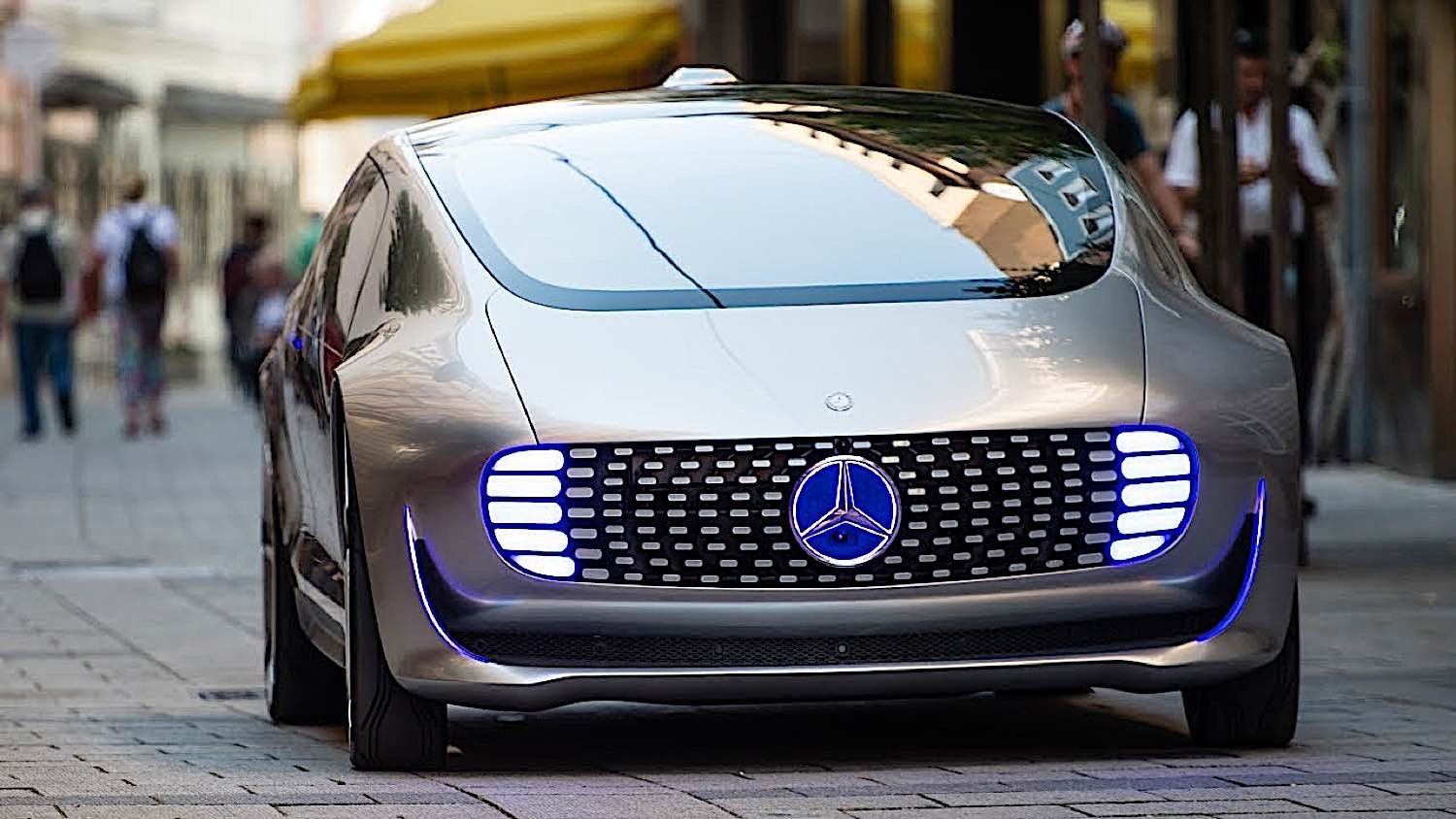According to forecasts, the number of electric vehicles (EVs) on the roads across grew by 54% in 2017 and will reach 125 million by 2030. Even though these figures are impressive, the EV market share is about 2% of the global auto market. More rapid and widespread adoption of EV has been impeded by consumers’ anxiety over the reliability of batteries, limited autonomous options, and many other issues. In 2020, highly advanced technologies will be integrated into EVs to address these issues and entice consumers.

What are the EV tech trends to watch out for in 2020?
1. Battery technology
“The U.S. energy storage market is expected to grow from 430MW deployed in 2019 to over 5GW by 2024,” says Wood Mackenzie of Energy Storage Service. Currently, the key players and stakeholders in battery technology are investing heavily in different energy storage systems for EV. GM and Tesla are investing big on lithium-ion batteries while Breakthrough Energy Ventures, led by Bill Gates and fellow billionaires invested in November 2019 in ESS that makes iron-flow battery technology. Venture capitals and other billionaires are investing in flow batteries and other alternative battery technologies.
With the vast investment in battery technology, 2020 is poised to become a productive year for battery technology.
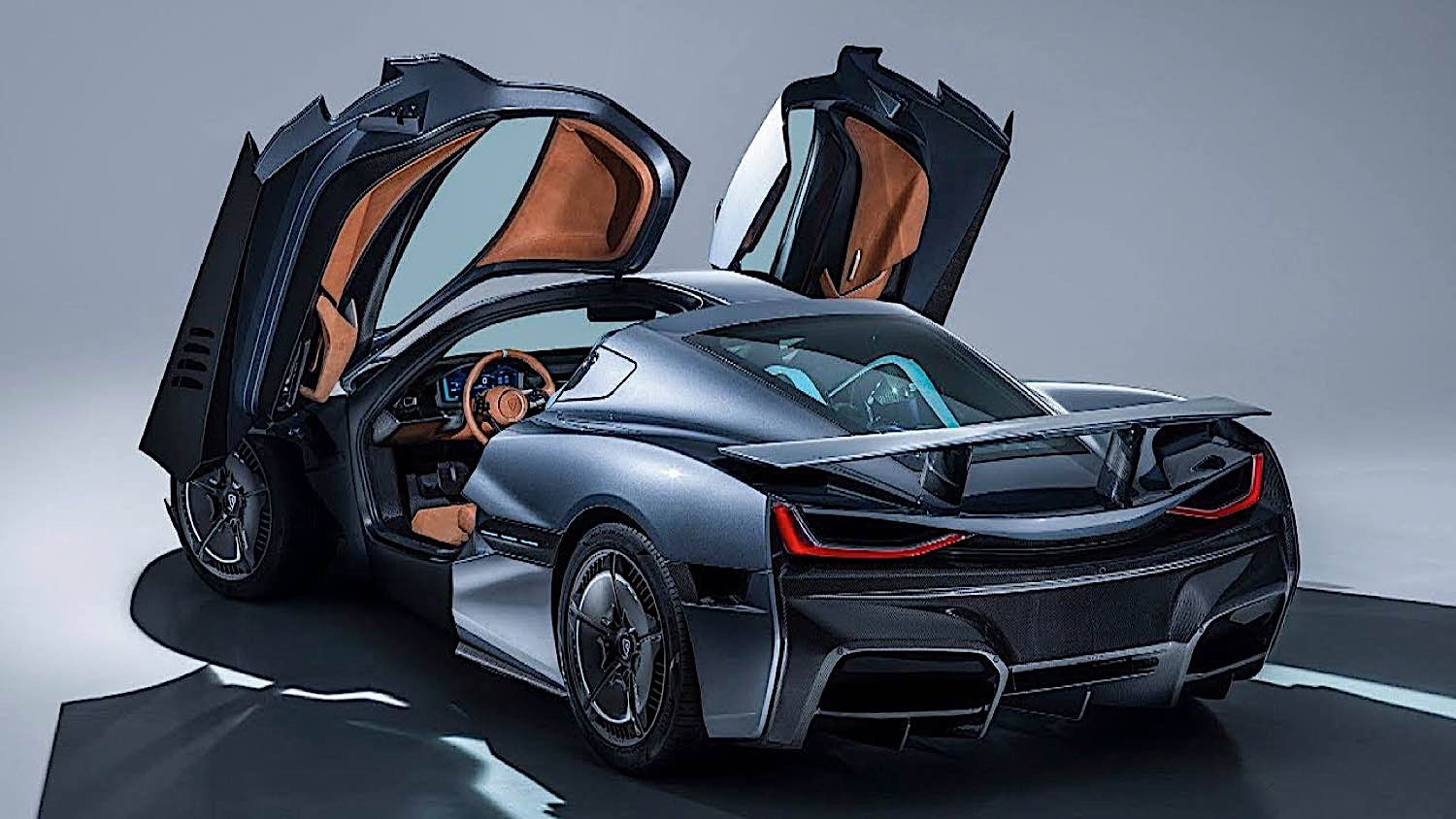
2. Autonomous driving
With the expectation of widespread adoption and deployment of the 5G network, it is expected that many EV manufacturers will focus their efforts and investment in autonomous driving. The big players in the EV industry, such as Tesla, Toyota, and Peugeot, are already working on making autonomous driving a reality. To hasten progress toward autonomous driving, manufacturers will seek partnerships with smaller companies and combine their resources, skills, and tech know-how for concerted effort. For example, Volvo and Baidu have partnered for the large-scale development of autonomous driving in China.
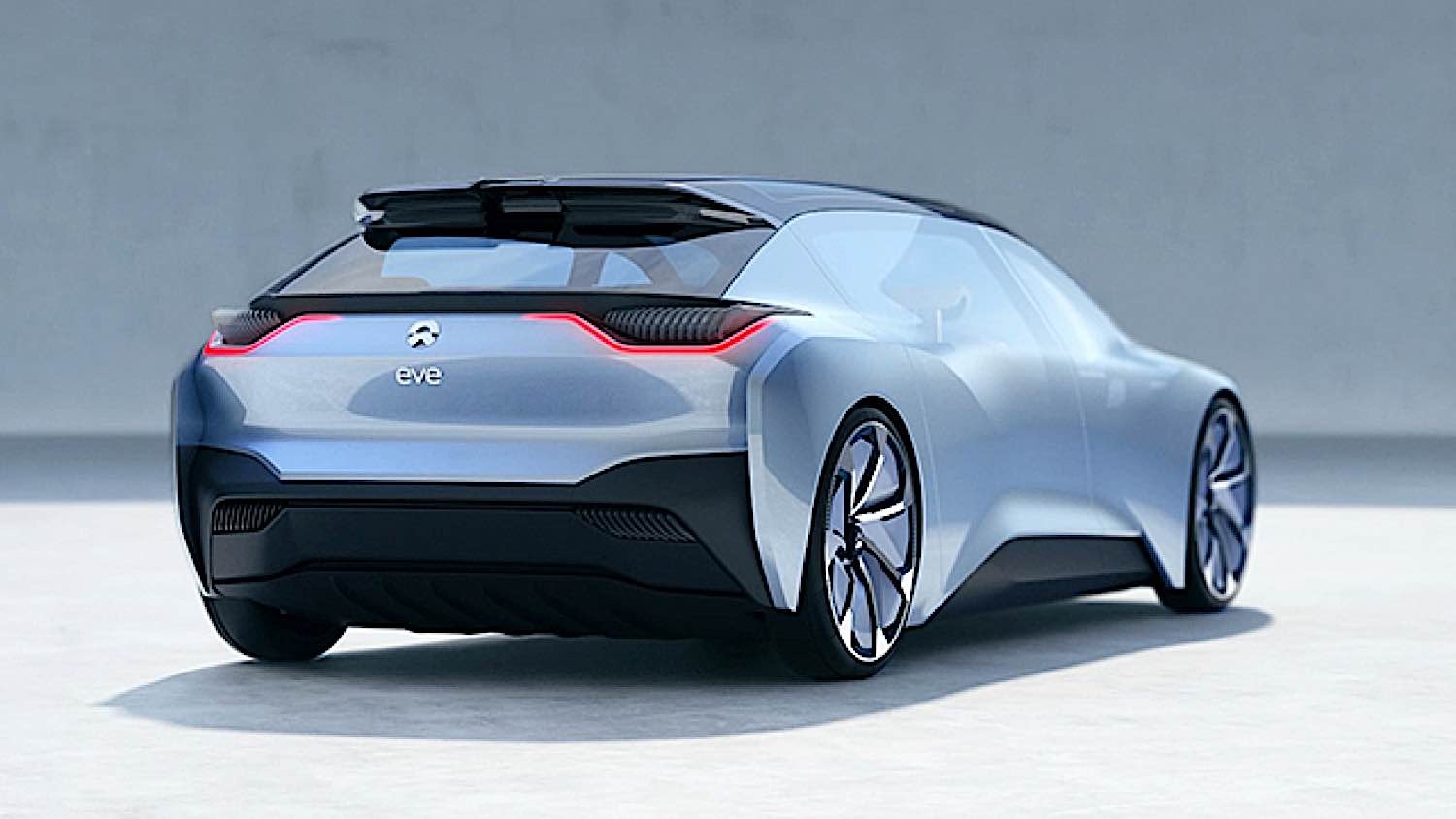
3. Charging technology
Limitations imposed by charging capacity is one of the main hurdles that should be addressed for EV to be adopted extensively. Zachary Shahan of Clean Technica says that “consumers have a range anxieties” when it comes to charging technology of EV, with 80% of first-time buyers asking how far it can go on a fully-charged battery and 20% ask how long it takes to charge fully.
Even though EVs are much more environmental-friendly compared to ICE, they are not as convenient for long-distance trips and travel. The idea of recharging their cars for 30 minutes after every 2 to 3 hours is turning away some potential customers. To address this impediment, carmakers such as Tesla, Audi, and Porsche are increasing the number of fast-charging stations available to their users.

4. Electric planes
It is undeniable the benefits bestowed to carmakers by the adoption of electric power will entice and influence other modes of transport such as aviation to follow suit. In the just-concluded CES 2020 in Las Vegas, Uber and Hyundai announced their new partnership to develop a 100% electric aircraft, known as S-A1, for rideshare purposes. The S-A1 will be tested within the year and rolled out to the market in 2023 for rideshare operations in congested cities under Uber Elevate carrying four passengers per ride.
Other major flight operators entering the electric market include EasyJet, which is rolling out its plan with the hope of making its electric planes a reality by 2030. Also, start-ups such as Wright Electric from the US, Eviation from Israel, and a few others are either in the planning phase or have already developed prototypes of their electric air-taxis or passenger aircraft.
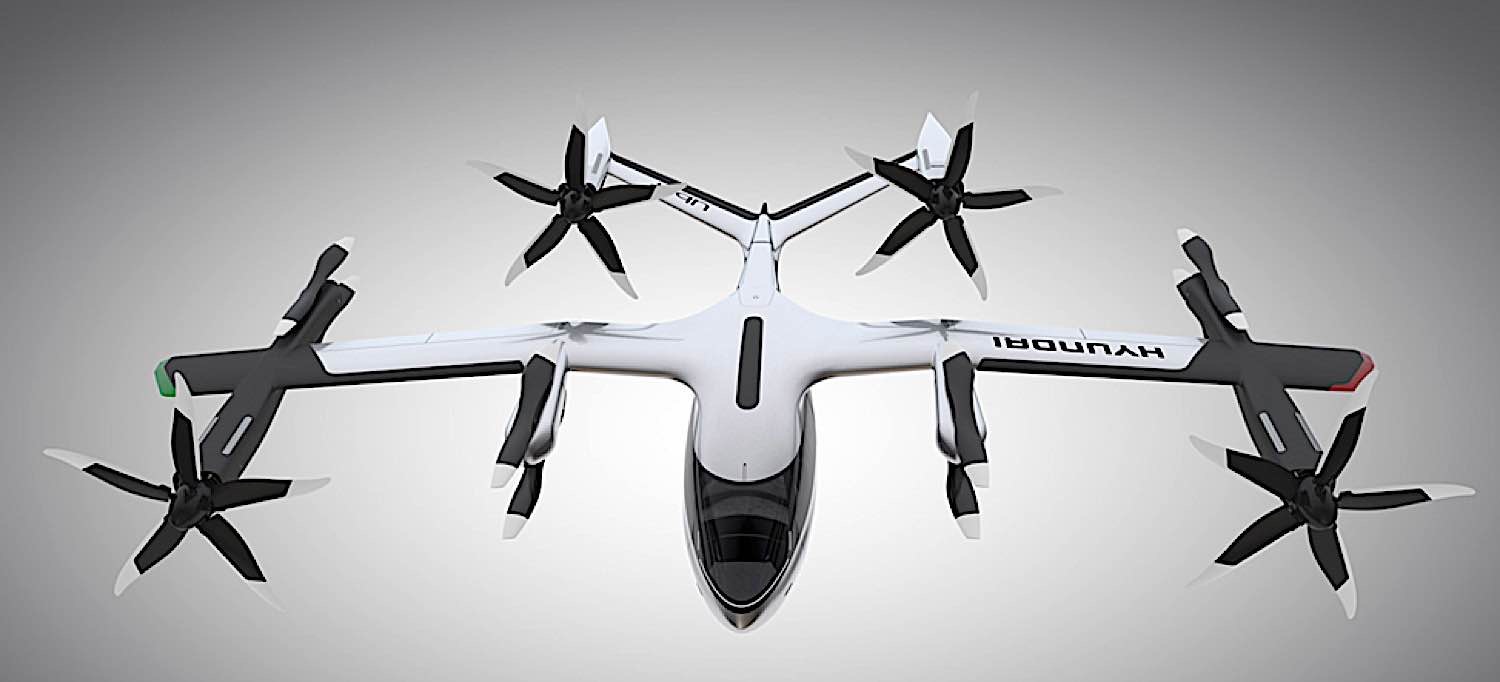
5. Software
Technology is dynamic and ever-changing. This means that EV software solutions for safety, connectivity, and infotainment systems will always be a tech trend. For connectivity, software developers will adopt 5G and harness its low-latency and high-speed connectivity to enable the realization of safe and truly-autonomous EVs. In infotainment, EV’s software will exploit higher bandwidths offered by 5G to deliver in-car infotainment, such as live-streamed 3K-4K videos in real-time.
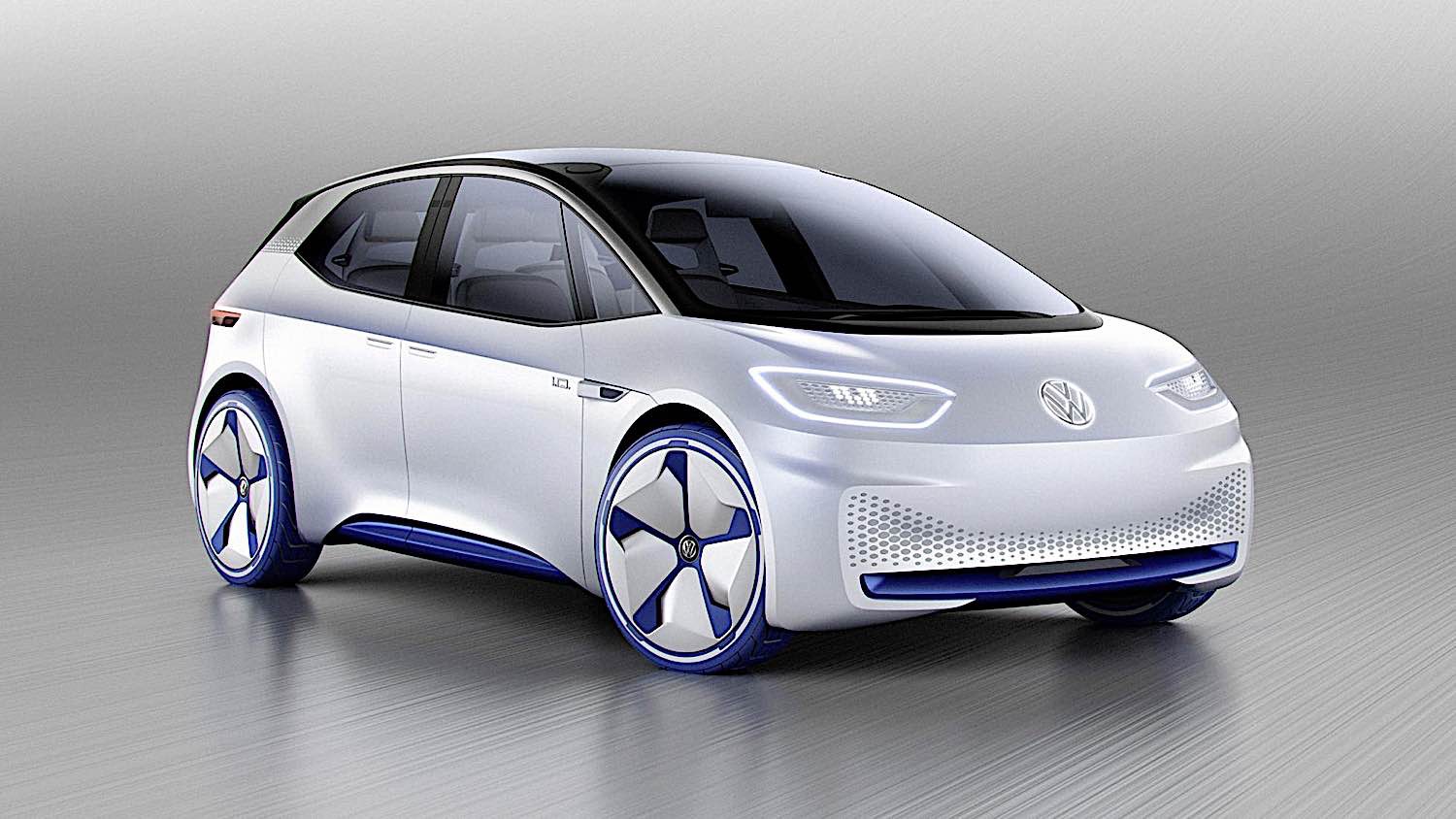
6. Urban mobility
Just like the evolution of urban mobility strategies for traditional cars, the EV industry is expected to follow suit in 2020. Car-sharing apps and solutions are among the urban mobility strategies expected to become an EV tech trend in 2020. Even though there are established EV car-sharing apps such as E-Car, this sector is expected to expand extensively from a select few to a trend across the EV market.
Urban mobility trends will not be restricted to car-sharing but also flight-sharing. The Hyundai-Uber partnership to develop electric plane ridesharing is the foundation for future development.
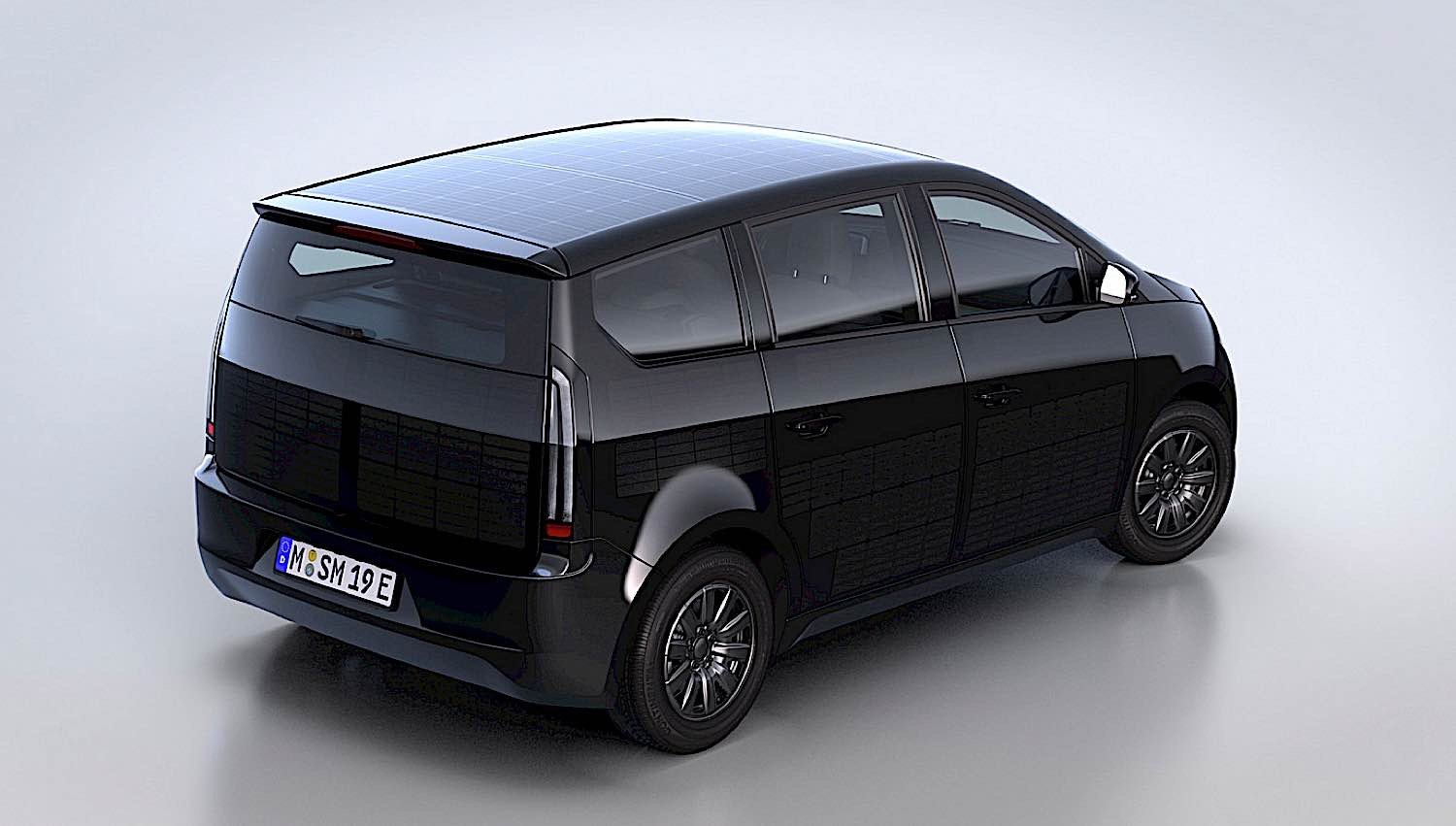
7. Solar-powered cars
The number of eco-conscious customers is increasing rapidly as the negative effects of climate become more evident and widespread. To attract more customers, EV manufacturers will increase investment to make solar-powered cars a reality. Some of the prototypes undergoing testing can reach the manufacturing phase in 2020. Even though there are already a few solar-powered cars in the market, such as the Lightyear One, the price of these pioneers is beyond the means of ordinary consumers.
